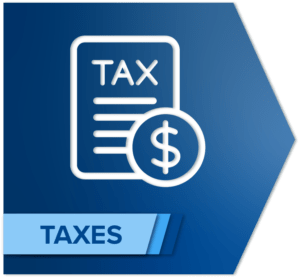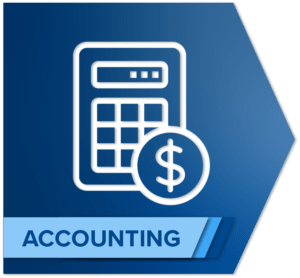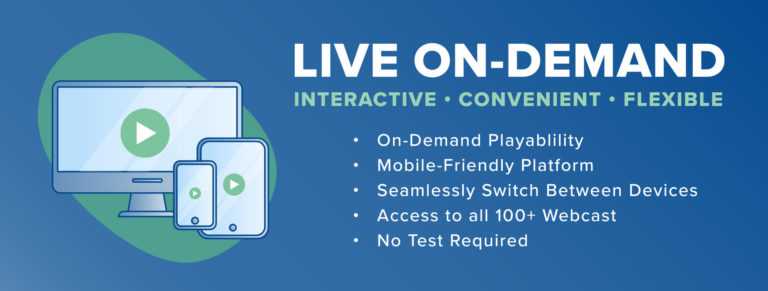
Article at a Glance:
- Accountants’ common complaint is an overload of standards
- Amid the COVID environment, FASB moves to provide relief to smaller private companies
- Extensions were approved for private companies to reduce the gap between public and private reporting
- Revenue Recognition, Lease Accounting and Accounting for Credit Losses: A one-year extension was approved to continue using “old standards”
- CPAs can concentrate on survival and leave the challenges of the new standards to next year
Private Companies Struggling with an Overload of Standards
When we offer our Accounting Update courses, the most common complaint from those working with closely held businesses is standards overload – both the volume and complexity. Both preparers and their external accountants often struggle with standards involving concepts such as fair value that are difficult to implement and generate information that is often of little importance to management, owners, or the banks with whom they deal. This article explains how, as COVID-19 moved front and center, Financial Accounting Standards Board (FASB) stepped up to provide relief for smaller, private entities. Today, the gap between public and private reporting is more massive than ever.
FASB offers Extensions for New Standard Implementation
FASB showed some awareness of these issues when encouraged by the Private Company Council, and they began allowing an extra year’s delay for implementation of new standards for private companies. They acknowledged that the difficulties of transitioning to new standards are magnified for smaller entities with typically limited accounting staff and specialist expertise. In 2019 they extended this to two years. It was voluntary, however, allowing those who wished to move faster to do so.
Of course, drawing lines in the sand to separate who’s in and who’s out is notoriously difficult. There is no definition of a private company in GAAP. At the margin, there are questions concerning not-for-profits, employee benefit plans, private companies with public debt, and conduit bond obligors. In 99% of the cases, we know which side of the street we live, and common sense typically prevails. It can get tricky, however, like for the CFO we talked to who had been involved in months of discussion with SEC and FASB and had still been unable to get a definitive answer on one narrow issue.
Revenue Recognition, Lease Accounting, and Accounting for Credit Losses
Smaller companies have been facing the ‘triple threat’ of standards, which would change accounting beyond recognition – Revenue Recognition, Lease Accounting, and Accounting for Credit Losses. Public companies have already adopted the first two of these standards, but considering the challenges of COVID-19, FASB moved remarkably fast earlier this year to provide relief. The lease standard will be now effective for fiscal years beginning after 12/15/2021 (basically calendar year 2022). In an even more surprising last-minute move, ASU 2020-05 indicated that private companies who had not issued their statements by June 3, 2020, could defer adopting the revenue standard (ASC 606) until reporting periods beginning after 12/15/2019 – a year’s further extension. So, companies struggling to get their 2019 financials completed amid the chaos of business closings can continue with the “old” standard. How many companies will do this is anyone’s guess. We would love to hear from any of you who are considering this option. Indeed, if your fiscal year ended 6/30/20 or 9/30/20, the advantages seem clear.
But what about CECL?
The Board’s controversial approach to credit and losses (a.k.a. bad debts). There have been all sorts of opposition to this standard from banking organizations, and FASB had already provided delays through 2023 for privately held banks and credit unions. In what was essentially an end-run around FASB, Congress, via the CARES Act, delayed implementation – inviting the ire of FASB’s parent organization. They cautioned against interference in what is meant to be an independent standard-setting process. Please see Rod Redding’s excellent article on this page for more details.
So, for now, CPAs who work with closely held businesses can concentrate on survival and leave the challenges of the new standards for another day – or year to be more precise!
Financial Reporting and Accounting Update in Trouble Times
Accountants in public practice, controllers, and finance professionals who need to steer through the challenges of restoring their business to sound financial health in the wake of COVID-19 will benefit from taking this course.
- Instructor: Ray Thompson, CBA, CFM, CMA
- Credits: 6
- NASBA Category: Taxes
Complete Hands-On Guide To The New Revenue Recognition Rules
The new rules replace nearly all of the current GAAP and IFRS guidance and require significant accounting judgment regarding necessary changes to accounting processes and systems.
- Instructor: Ray Thompson, CBA, CFM, CMA & Bill Engelbert, CPA, Ph.D
- Credits: 4
- NASBA Category: Accounting
Recent Stories


The IRS Issues Relief for Farmland Sales Under New Section 1062

IRC §274(o) Overtime Meal Deductions: What Changes in 2026

IRS Releases Guidance on Expanded HSA Access Under the OBBBA


Next Up...
- |
- TaxByte
- |
- TaxByte




